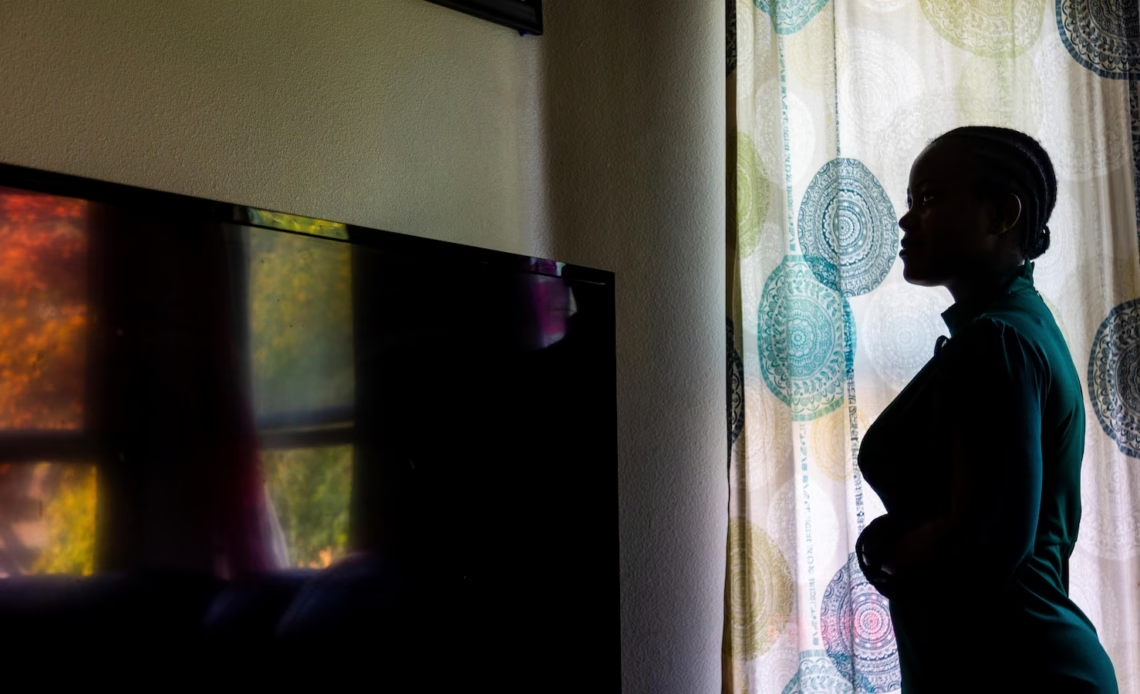BOISE, Idaho — The Congolese woman’s search for safety sent her on a terrifying trek of nearly 2,300 miles (3,700 kilometers) through southern Africa on foot when she was just 15.
Reuniting with her family has been a more difficult journey. For eight years, she clung to hope through delays and setbacks as she navigated a U.S. program that reconnects refugees with family members already in the country, and her dream of seeing them again seemed close to becoming a reality.
But President Donald Trump signed an executive order halting the refugee program just hours after he took office on Jan. 20, leaving her and thousands of other refugees stranded.
“It was horrible. I would never wish for anyone to go through that, ever. When I think about it, I just …” she said, pausing to take a long breath. “Honestly, I had given up. I told my mom maybe it was just not meant for us to see each other again.”
During a brief block on the order, the woman made it into the U.S., one of only about 70 refugees to arrive in the country since Trump took office. She asked that her name not be used because she fears retaliation.
“It’s been a really devastating roller coaster for those families, to be stuck in this limbo of not knowing whether their hope of being resettled in the United States will ever come true,” said Melissa Keaney, an attorney with the International Refugee Assistance Project.
The woman was an infant when her mother fled the Democratic Republic of Congo’s civil war in 1997, seeking shelter at Tanzania’s Nyarugusu refugee camp. When the camp grew too dangerous, she fled for South Africa. She built a modest life there, always hoping she would rejoin her family, even after they were resettled in the U.S. For a time, that seemed likely, thanks to the “follow to join” program.
The refugee program had bipartisan support for decades, allowing people displaced by war, natural disaster or persecution to legally migrate to the U.S. and providing a pathway to citizenship.
But Trump’s executive order halting the program said communities didn’t have the ability to “absorb large numbers of migrants, and in particular, refugees.”
Organizations like the International Refugee Assistance Project and some refugees, including the Congolese woman and her mother, sued over Trump’s order in February. They said resettlement agencies were forced to lay off hundreds of workers and some refugees were left in dangerous places.
“I had a small business and…
Click Here to Read the Full Original Article at ABC News: US…

